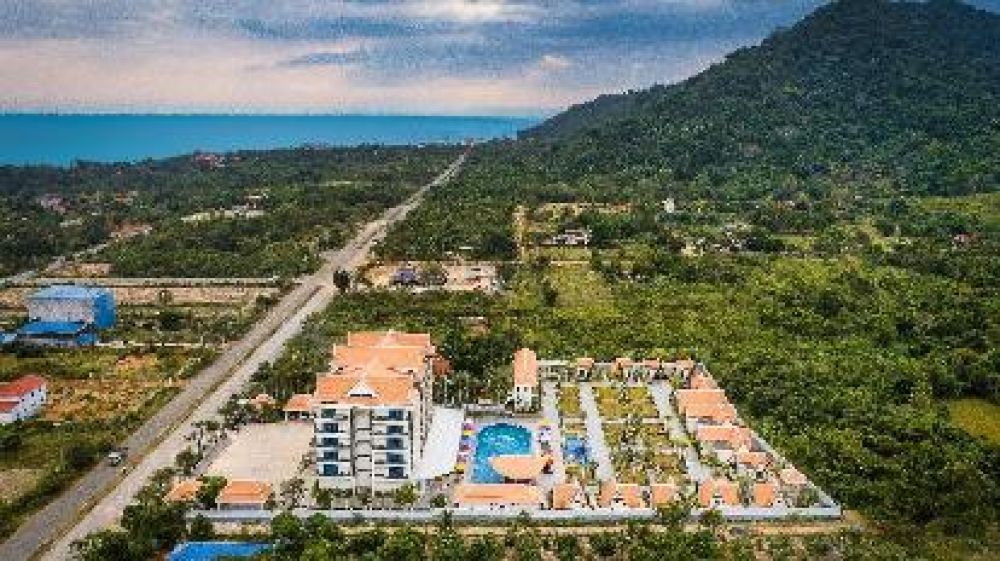

Kep, once known as Kep-sur-Mer, is a quaint little town on the coast of Cambodia. This charming location has an interesting tourism history that dates back to the early 20th century. Initially established as a colonial retreat for the French elite in 1908, it blossomed into a vibrant seaside resort, attracting not only the French but also the Cambodian high society.
During the 50s and 60s, Kep reached its peak as the premier holiday destination in Cambodia. The town was synonymous with opulence and relaxation, featuring beautiful villous and mansions owned by the wealthy, which were referred to as the Kep Villas. Renowned for its picturesque seafront and fresh seafood, particularly the famous Kep crab, the area burgeoned into a bustling hotspot.
However, Kep's fortunes changed dramatically during the Khmer Rouge regime in the 1970s. The once vibrant town with its luxurious lifestyle suffered greatly during this period. Many of its beautiful villas and leisure infrastructures were destroyed or left abandoned, as the town's elite and residents fled the area.
After peace was restored in Cambodia, Kep began a slow process of recovery. In the recent past, the town has seen a resurgence in interest as a tourist destination. While reminders of its opulent past stand as dilapidated ruins, they also add a sense of history and character to the town.
Today, Kep is embracing a more sustainable and eco-friendly tourism model. With the Kep National Park offering glimpses into the region's diverse flora and fauna, and the town's famous crab market still attracting visitors, Kep is once again finding its feet as a unique and tranquil destination. The tourism trend is now geared towards those seeking a blend of relaxation, nature, and authenticity.
Efforts are also being made to carefully restore some of the historic architecture to preserve Kep's cultural heritage. An increased emphasis on community-based tourism ensures that while reviving its tourism sector, Kep also provides tangible benefits to the local community.
Though Kep's history has seen many ups and downs, its resilience and beauty endure. From a colonial getaway to a forgotten town, and now to a rising eco-tourism spot, Kep continues to offer a unique experience to its visitors. The town's emergence from its troubled past to its current strategy of sustainable tourism development is an integral part of its enduring charm and appeal.